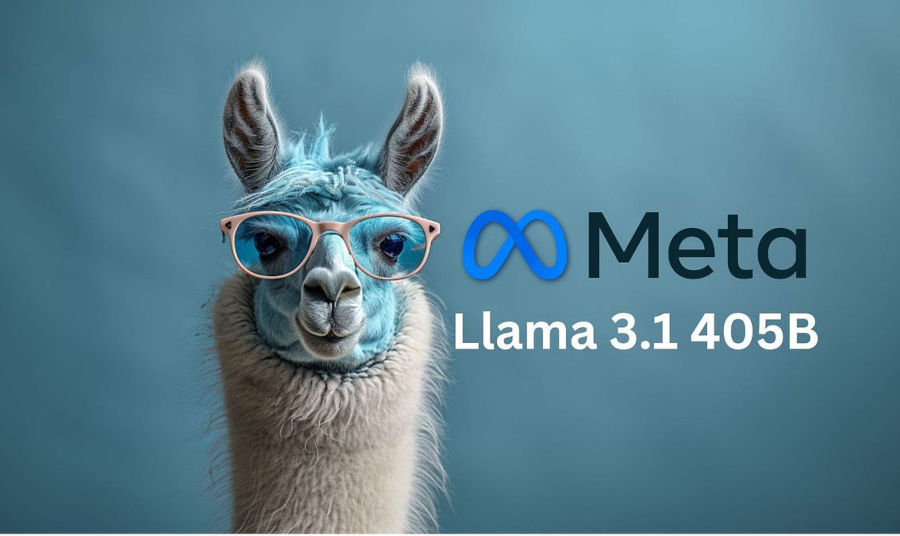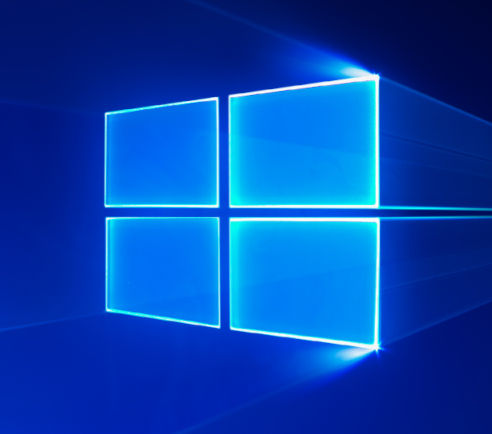
Epic's Fortnite Returns to iOS in Europe: Navigating the Legal Landscape
Examining the Impact of European Regulations on the Epic-Apple Saga and the Future of Mobile Gaming
NEWS Games March 11, 2024 Reading time: 2 Minute(s)
The saga between Epic Games and Apple, once confined to courtrooms and headlines, has taken a new turn with implications reaching far beyond legal battlegrounds. As European users eagerly await the return of Fortnite to their iPhones, the intricate interplay of regulatory frameworks and corporate strategies comes into sharp focus.
At the heart of this narrative lies a clash of titans: Epic, the powerhouse game developer, and Apple, the steward of the iOS ecosystem. Their dispute, originating from Apple's strict App Store policies and revenue-sharing model, spilled into public view in 2020, sparking legal proceedings and raising fundamental questions about fairness and competition in digital markets.
In response to growing concerns over monopolistic practices, the European Commission intervened, wielding regulatory tools to level the playing field. The introduction of the Digital Markets Act (DMA) signaled a seismic shift in the landscape, empowering regulators to curb anti-competitive behavior and foster innovation. With Apple squarely in its sights as a "gatekeeper" of digital ecosystems, the EC aimed to dismantle barriers to entry and promote consumer choice.
Epic's bid to re-enter the iOS arena epitomized the collision of legal mandates and corporate interests. While the DMA offered a glimmer of hope for a return via alternative channels, Apple's swift reprisal—banning Epic's developer account—underscored the high stakes involved. As the dispute escalated, the EC stepped into the fray, probing Apple's actions for compliance with DMA regulations and broader digital service standards.
The ensuing standoff epitomized the complexities of modern digital governance. On one side, Apple defended its policies as safeguards for user security and platform integrity. On the other, Epic championed the cause of developers and consumers, decrying monopolistic practices and advocating for greater freedom within app ecosystems.
The resolution, when it came, bore testament to the influence of regulatory oversight and public opinion. Apple's decision to reinstate Epic's developer account, spurred by the specter of DMA penalties and market repercussions, signaled a pivotal moment in the ongoing struggle for regulatory control.
Looking ahead, the ramifications of this episode extend far beyond the confines of the gaming industry. As mobile platforms evolve and digital markets mature, the role of regulators in ensuring fairness and competition looms large. The DMA, alongside complementary regulations such as the Digital Services Act and Platform to Business Regulation, heralds a new era of accountability and transparency in the digital realm.
As Epic prepares to reintroduce Fortnite to iOS devices in Europe, the significance of this moment reverberates across industries. With regulatory winds shifting and legal precedents being set, the contours of the digital landscape are being redrawn. In this landscape, innovation thrives, consumers benefit, and the principles of fairness and competition reign supreme.
IMAGE CREDIT: EPIC GAMES / APPLE
Epic Games Apple Fortnite European Commission Digital Markets Act Digital Services Act Platform to Business Regulation iOS Gaming News RSMax
*Our pages may contain affiliate links. If you buy something via one of our affiliate links, Review Space may earn a commission. Thanks for your support!
CATEGORIES

























COMMENTS